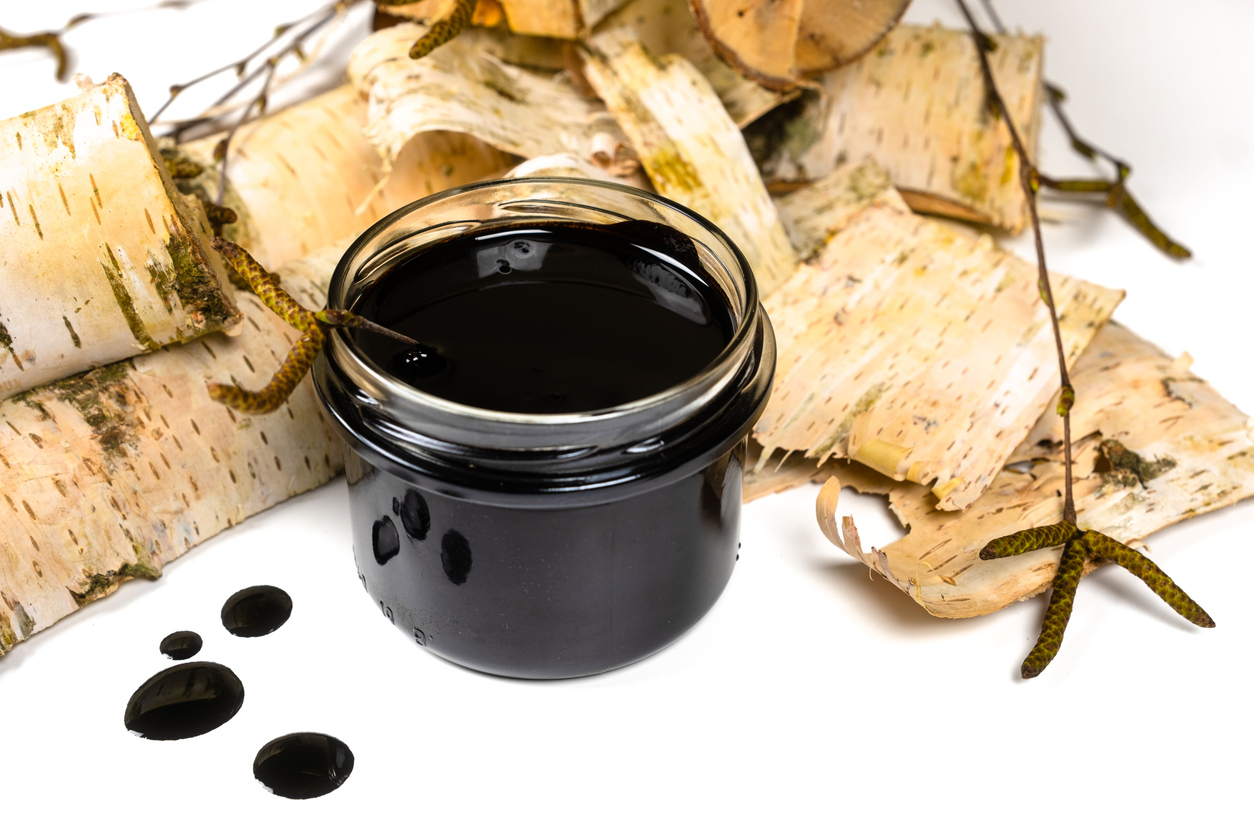Exportation of Nigerian Non-Oil Products: Opportunities and Challenges
Nigeria, traditionally known for its oil exports, is increasingly focusing on diversifying its economy by boosting the exportation of non-oil products. This shift is driven by the need to reduce dependency on oil revenue and tap into the vast potential of other sectors. The Nigerian government, along with private sector stakeholders, is making significant efforts to promote the export of non-oil products, ranging from agricultural goods to solid minerals and manufactured items. In this article, we’ll explore the opportunities and challenges in the exportation of Nigerian non-oil products and how businesses can successfully navigate the global market.
Key Nigerian Non-Oil Export Products
1. Agricultural Products
- Cocoa: Nigeria is one of the world’s largest producers of cocoa, which is a major export commodity. The country’s cocoa is highly sought after for its quality, especially in Europe.
- Sesame Seeds: Another significant agricultural export, sesame seeds from Nigeria are in high demand, particularly in Asia and the Middle East.
- Cashew Nuts: Nigeria is a leading exporter of cashew nuts, with the product being exported to countries like India and Vietnam for processing.
- Ginger and Garlic: Nigerian ginger is known for its high quality and potency, making it a preferred choice in international markets.
2. Solid Minerals
- Limestone: Nigeria has vast deposits of limestone, which are exported for use in cement production and other industries.
- Tin and Columbite: These are among the most exported minerals from Nigeria, particularly to countries in Europe and Asia.
- Zinc and Lead Ores: Nigeria is also a significant exporter of zinc and lead ores, which are crucial for industrial applications worldwide.
3. Manufactured Products
- Textiles and Garments: The Nigerian textile industry has a growing presence in the international market, with products being exported to neighboring African countries and beyond.
- Leather and Footwear: Nigeria’s leather products, particularly from Kano, are renowned for their quality and are exported to various global markets.
- Processed Food: Nigerian companies are increasingly exporting processed food items such as dried fruit, spices, and snacks, catering to the growing demand from the African diaspora and other international consumers.
Opportunities in Exporting Non-Oil Products
The exportation of non-oil products from Nigeria offers several opportunities:
1. Diversification of Revenue
- Expanding the export base beyond oil helps Nigeria reduce its economic vulnerability to fluctuations in global oil prices. Non-oil exports provide a more stable and diversified revenue stream for the country.
2. Access to Global Markets
- Non-oil products from Nigeria have a competitive advantage in various global markets due to their quality and uniqueness. This opens up opportunities for Nigerian businesses to tap into international demand and expand their market reach.
3. Government Support and Incentives
- The Nigerian government, through the Nigerian Export Promotion Council (NEPC) and other agencies, provides support and incentives to encourage the exportation of non-oil products. This includes financial incentives, export grants, and access to export financing.
Challenges in Exporting Nigerian Non-Oil Products
Despite the opportunities, there are several challenges that exporters face:
1. Infrastructural Deficiencies
- Poor infrastructure, such as inadequate transportation networks, limited access to reliable electricity, and outdated port facilities, can hinder the efficient exportation of goods.
2. Regulatory Bottlenecks
- The complex regulatory environment in Nigeria, including customs procedures, export documentation, and compliance with international standards, can be a significant barrier to entry for exporters.
3. Limited Access to Finance
- Many small and medium-sized enterprises (SMEs) in Nigeria struggle with accessing the necessary financing to scale up their operations and enter the export market.
4. Global Competition
- Nigerian exporters face stiff competition from other countries with more developed export sectors and better infrastructure, making it challenging to maintain competitiveness in global markets.
Strategies for Successful Exportation
To successfully export non-oil products, Nigerian businesses should consider the following strategies:
1. Quality Assurance and Certification
- Ensuring that products meet international quality standards and obtaining necessary certifications can help Nigerian exporters gain trust and credibility in global markets.
2. Strategic Partnerships
- Partnering with experienced export agents, freight forwarders, and international trade organizations can help navigate the complexities of the export process and open doors to new markets.
3. Market Research
- Conducting thorough market research to understand demand trends, consumer preferences, and competitive landscapes in target export markets is crucial for success.
4. Leveraging Technology
- Utilizing digital platforms for marketing, sales, and logistics can enhance the efficiency and reach of export operations. E-commerce platforms, for example, offer an avenue for Nigerian products to reach a global audience.
Conclusion
The exportation of Nigerian non-oil products presents a significant opportunity for economic diversification and growth. By addressing the challenges and leveraging the available opportunities, Nigerian businesses can successfully expand their presence in global markets. At Wigmore Trading, we are committed to supporting businesses in navigating the complexities of international trade and maximizing the potential of Nigeria’s non-oil exports.
Get in Touch:
Interested in exporting Nigerian non-oil products? Contact Wigmore Trading today to learn more about our export consulting services and how we can help you succeed in global markets. Visit our website, email, or call us to schedule a consultation.








Comments are closed.